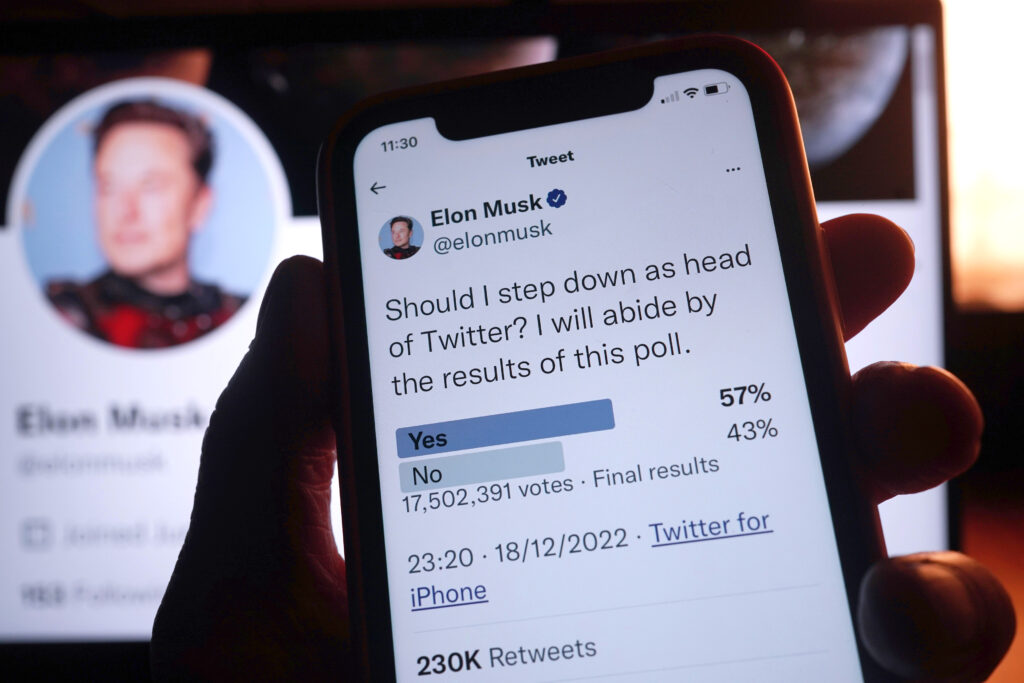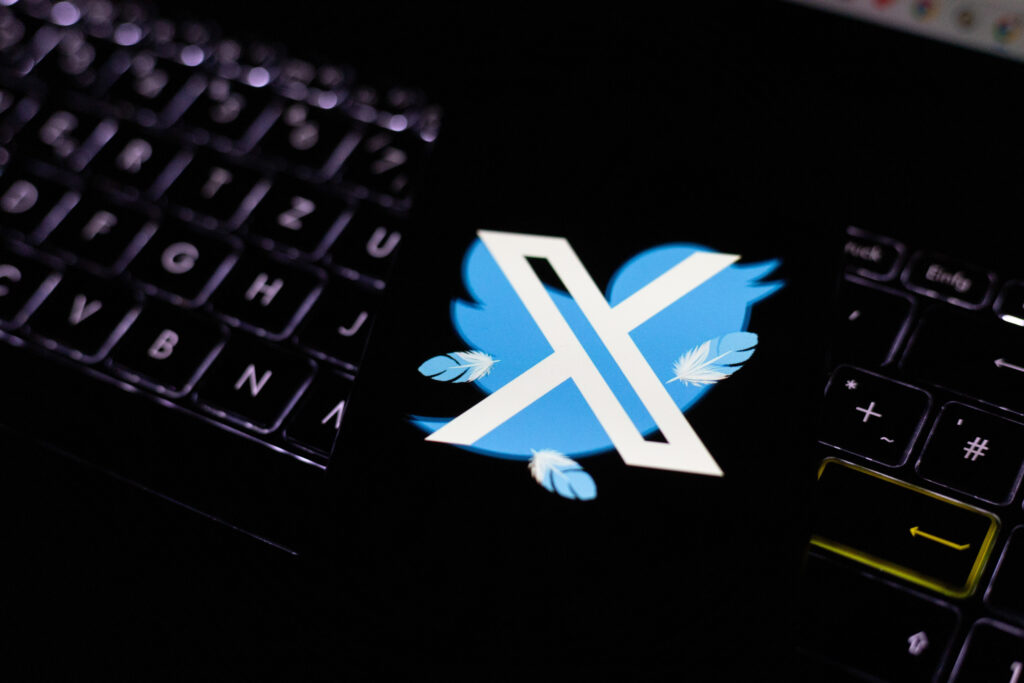
Elon Musk renewed his offer to purchase Twitter and he proposed his vision of transforming it into a comprehensive “everything app” similar to China’s WeChat. The renewed offer, amounting to $54.20 per share, comes with conditions, including obtaining debt financing and the resolution of legal proceedings related to Twitter’s lawsuit against Musk. At the launch of this news, CEO Linda Yaccarino wrote in a series of tweets, “Twitter made one massive impression and changed the way we communicate. Now, X will go further, transforming the global town square. X is the future state of unlimited interactivity – centered in audio, video, messaging, payments/banking – creating a global marketplace for ideas, goods, services, and opportunities.” Musk’s aspiration to create an “everything app” is centered on transforming Twitter into a multi-functional platform that combines audio, video, messaging, payments, banking, and other services. This vision draws inspiration from China’s WeChat, which offers an integrated suite of services that users rely on extensively for daily life. The transformation of Twitter into an “everything app” is a significant shift in its initial purpose, moving beyond its origins as a microblogging platform.The now-X owner’s proposed “everything app” model, however, faces various challenges, including competition from established rivals, regulatory hurdles, and the need to attract users away from existing platforms. The success of “super apps” like Kakaotalk, WeChat, Grab, Line, and Gojek in Asia is undeniable, but the concept has yet to gain traction in the US and European markets. The transition of Twitter into an all-encompassing platform would require it to compete with well-established services like Apple Pay and overcome user hesitations regarding data privacy. Additionally, Musk’s acquisition of Twitter has sparked controversies and legal proceedings. He initially announced the buyout offer in April 2022, which led to significant upheaval within Twitter.

Executives left the company, and Musk’s commitment to the acquisition was questioned. Musk’s experience with PayPal is noted as a potential basis for integrating payment features into the revamped Twitter platform. In late July, X also announced its plan in a blog post to proceed with filing a legal claim against the Center for Countering Digital Hate (CCDH) to protect the public’s right to free expression. The post states, “Despite our continued progress, the Center for Countering Digital Hate (CCDH) and its backers have been actively working to assert false and misleading claims encouraging advertisers to pause investment on the platform.” The CCDH is accused of employing a scare campaign and pressuring brands to hinder public access to free expression. Recently, Brandwatch informed X that CCDH accessed X’s data without authorization, utilizing it for misleading “research.” The CCDH’s access was facilitated by the European Climate Foundation, in violation of their obligations to Brandwatch. This resulted in X taking legal action against CCDH, revealing ways in which the latter actively undermines free expression, such as targeting dissenting voices and gaining unauthorized access to data, prompting a legal battle between the parties. Despite the challenges this rebrand has faced, Elon Musk remains optimistic about the future of X. In a recent podcast interview, he stated, “If done right, X would be . . . the most efficient database for the thing that is money.”
JULIE KIM
US ASIA JOURNAL



